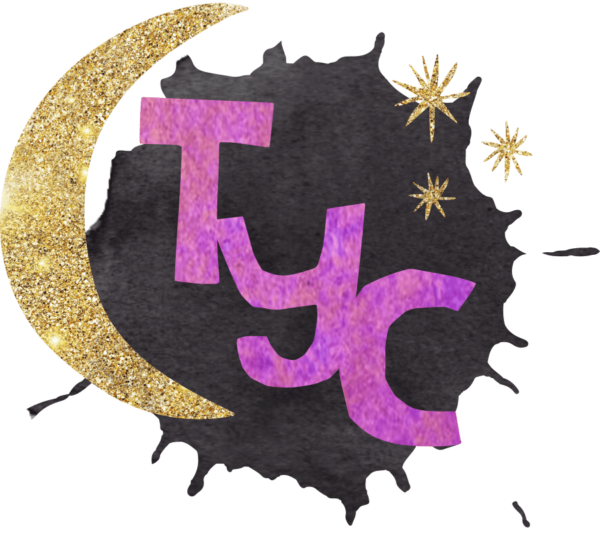May is Mental Health Awareness Month 51 for 51 #34
Hi friends.
It’s been a while. This is my first post for 2019. May, already. Hard to believe how fast the months have flown by. Last year, I aspired to write 50 posts to celebrate turning 50. I missed that mark, and that’s okay. My new goal is 51 for 51! I’m well past the halfway mark and have a few exciting events on the horizon to share about. Today what beckons is Mental Health Awareness Month (MHAM.)
My passion for mental health advocacy is resolute as ever. Advocacy, education, support and acknowledgement are what drove me to start this website and write openly and honestly about my family’s journey with a child’s mental health diagnosis. Every May I am reminded of what happened to Olivia and our family when illness hit, how hard we worked to heal and how far we’ve come over the last seven years, together and as individuals. I am proud of our dedication. I am very proud of my daughter.
Depression’s most diabolical impacts—despair, pain, chaos and separation to name a few—have faded from our daily reality and the fore of our memories, sensations and colors muted by time’s salve. Education, tough decisions, team work and a mountain of support led us through our darkest days. Back then hope felt elusive. Still we soldiered forward, one foot in front of the other, one day at a time. Now, Olivia has completed her second year of college and in stellar style. We share for you, the reader wondering if it can get better.
I brag here about my girl’s success. Why not? That’s my job. I never tire of acknowledging Olivia’s achievements mostly because she is loath to do so for herself, and because it’s important to know that yes. It can get better. But there’s more to the story than that.
We all know life isn’t easy. Twenty-five percent of adults, tens of millions of people, live with mental illness, making daily ebbs and flows especially challenging. Recently, someone aware of Olivia’s ability to live away from home, navigate college life, perform in plays and earn top grades commented how great it is that she’s “completely cured.”
Well. Yes. Damn straight it’s great she’s doing well. And I can see how I may have influenced the thought of “cured” with various social media posts and enthusiastic accolades.
But no. Accuracy begs clarity on “completely cured.”
MHAM is an opportunity for me to share (with Olivia’s approval) that what is most true about her status is this: She is dedicated, to the best of her ability, to managing her overall health. She, like millions of others, has a mental health condition that will likely never be cured in the traditional sense, and there are periods of time when she still struggles. She thrives and she struggles. Struggles and thrives. Some days are easy. Others are hard. Sometimes she reaches out for additional support. Sometimes she doesn’t. But all the time she remembers, as unfair as it may be, what can happen if she neglects her social, emotional, physical and psychological needs.

With an aplomb that matures as she does, she manages life and is, bar none, my number one inspiration.
As such, her impact on me is crucial for an important reason far superior to bragging rights. Her commitment reinvigorates mine, to fighting stigma, to sharing the truth, to increasing awareness, to reducing fear and judgment, and most of all to spreading compassion. I want anyone and everyone to feel safe discussing their mental health. What's working and what isn't. None of which I can shepherd without first tending my mental and physical health.
Why care? Because positive change is up to all of us.
Wondering what simple things you can do to support MHAM?
1. Be a pal. If you think someone you care about is struggling, talk about it. Be a good listener. Avoid judgments and criticisms.
2. Don’t ignore or participate in shaming language, like calling people crazy.
3. Educate yourself. If you’re not interested in reading educational material, pick a fiction book that responsibly shines a light on mental health.
4. Contact a local mental health organization (like NAMI) and volunteer for to help out at an event.
A couple of my past MHAM posts:
2018’s is HERE, about dealing with labels.
2017’s is HERE, about top tips regarding self-harms.
More resources here:


Great post, Tracey! I know how far Olivia has come and I am so happy to have seen the transformation. Yes, it is crucial to manage "social, emotional, physical and psychological needs", as you point out. Those of us who have mental health issues in our families know there is no cure, but managing the various arenas of our lives can mean stability and happiness most of the time. Not all the time, as no one, with mental health issues or not, can expect life to be perfect all the time. Self-care might seem like an overwhelming task, especially when coming out of a crisis. But over time, self-care can become routine, in a good way.